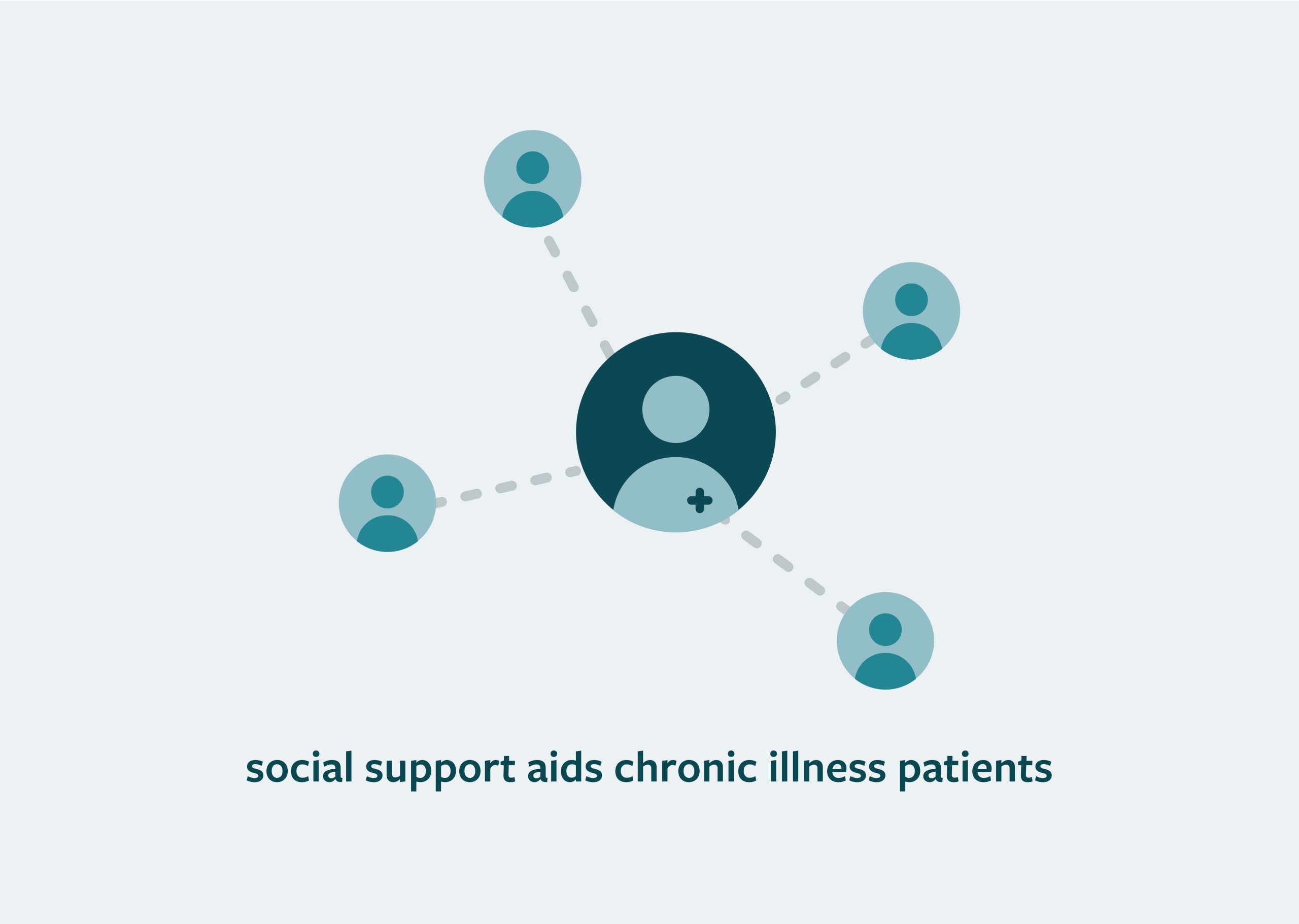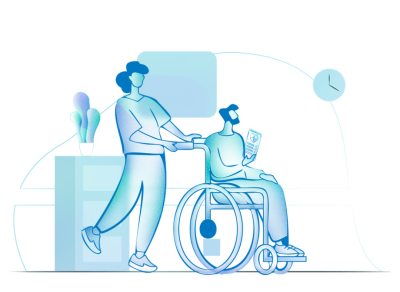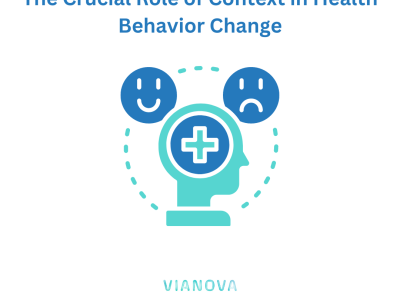
Social Support and its Influence on Chronic Illness Management: Lessons from Behavioral Science
Chronic illnesses can be physically and emotionally taxing for individuals. The support of social networks, including friends, family, and communities, plays a vital role in helping individuals manage these conditions effectively. In this article, we will explore the impact of social support networks on individuals with chronic illnesses and discuss how behavioral economics theories, including social norms and social proof, can be leveraged to foster stronger support systems and encourage healthier behaviors within communities.
The Importance of Social Support in Chronic Illness Management
Social support networks provide a range of benefits for individuals living with chronic illnesses:
1. Emotional Well-being: Social support offers emotional comfort, reduces stress, and enhances mental well-being by providing a sense of belonging and connection.
2. Motivation: Supportive friends and family can motivate individuals to adhere to treatment plans, adopt healthier behaviors, and stay engaged in their healthcare.
3. Information and Resources: Social networks can offer valuable information, resources, and guidance on managing chronic conditions, making it easier for individuals to navigate the healthcare system.
4. Accountability: Social support can hold individuals accountable for their self-care and lifestyle choices, encouraging adherence to prescribed treatments.
Leveraging Behavioral Economics Theories
Behavioral economics theories can shed light on how to optimize social support networks for chronic illness management:
1. Social Norms: Social norms are unwritten rules or expectations within a community. Leveraging social norms involves establishing health-promoting behaviors as the norm within a social network. For instance, communities can normalize regular exercise, healthy eating, and medication adherence as expected behaviors.
2. Social Proof: Social proof is the concept that individuals are more likely to emulate the actions of others. By showcasing success stories and individuals who have effectively managed their chronic conditions, communities can inspire and motivate others to follow suit.
3. Incentives and Rewards: Behavioral economics suggests that offering incentives or rewards within social support networks can encourage healthier behaviors. Community-based programs can offer rewards or recognition for achieving health goals, fostering a sense of accomplishment and motivation.
4. Peer Support Groups: Peer support groups can harness the power of social connections to provide encouragement, shared experiences, and practical advice for managing chronic conditions. These groups can offer a sense of community and camaraderie, reducing feelings of isolation.
5. Communication and Education: Effective communication and education within social networks can raise awareness about chronic conditions, reduce stigma, and promote understanding. This can lead to greater empathy and support for individuals managing chronic illnesses.
Benefits of Enhanced Social Support
Fostering stronger social support networks within communities can have numerous benefits for individuals with chronic illnesses:
1. Improved Adherence: Individuals with robust social support systems are more likely to adhere to treatment plans and engage in healthier behaviors, leading to better disease control.
2. Enhanced Emotional Well-being: Social support can reduce stress, anxiety, and depression associated with chronic illnesses, leading to improved overall mental health.
3. Empowerment: Encouraging individuals to actively participate in their healthcare journey through social support can empower them to take charge of their health and make informed decisions.
4. Reduced Healthcare Costs: By promoting healthier behaviors and better adherence, social support can help reduce healthcare costs associated with complications and hospitalizations.
Social support networks play a vital role in helping individuals with chronic illnesses effectively manage their conditions. By applying behavioral economics theories such as social norms and social proof, communities can foster stronger support systems and encourage healthier behaviors within these networks. As the healthcare landscape continues to evolve, recognizing the importance of social support and implementing strategies rooted in behavioral science can lead to better patient outcomes, enhanced emotional well-being, and a more compassionate approach to chronic illness management within communities.



FEEL FREE TO DROP US A LINE.